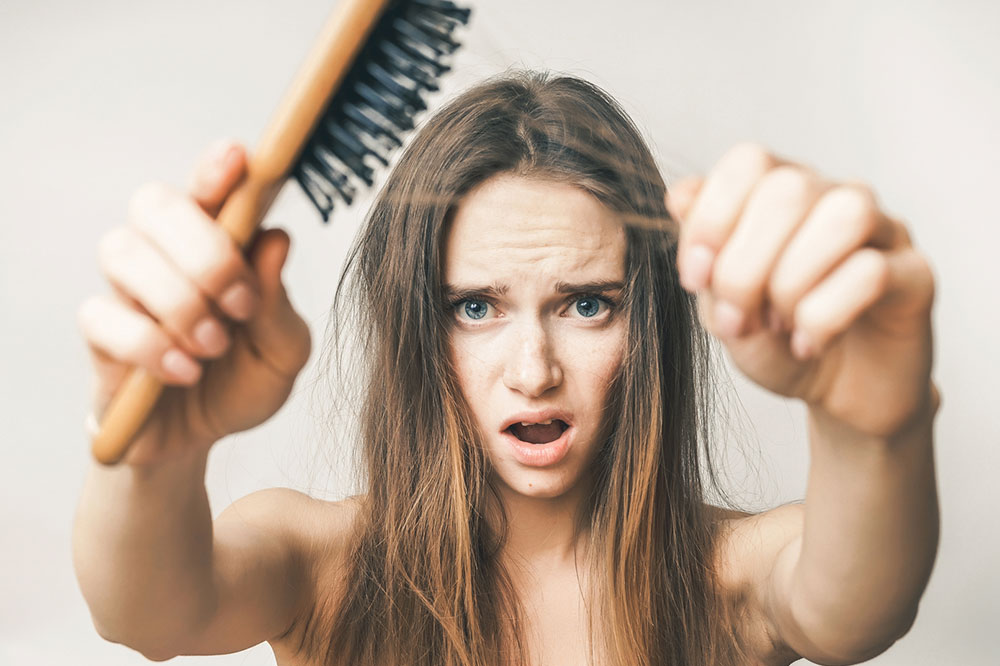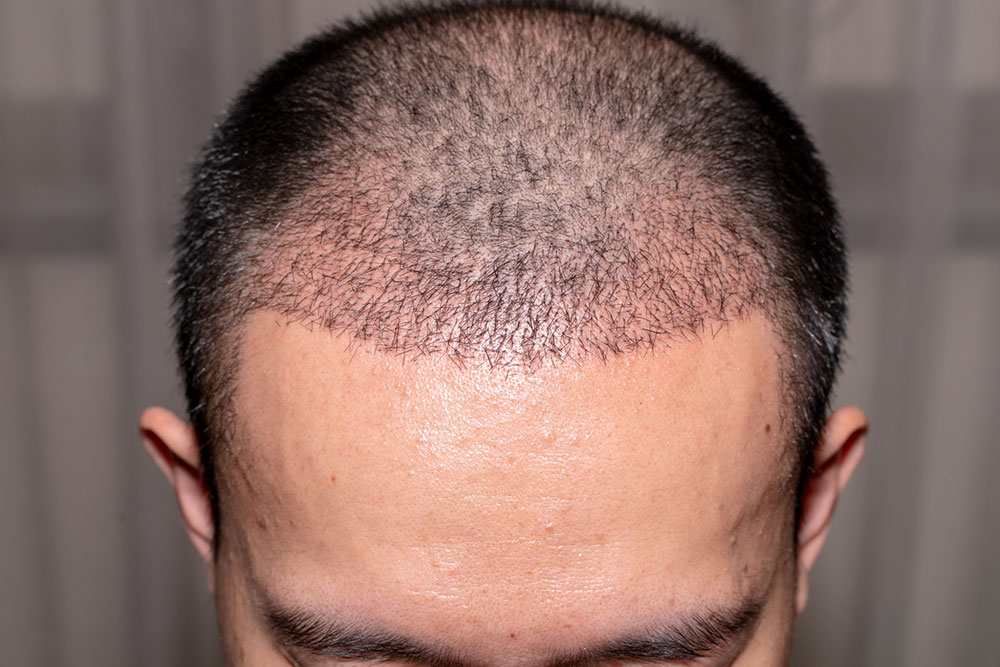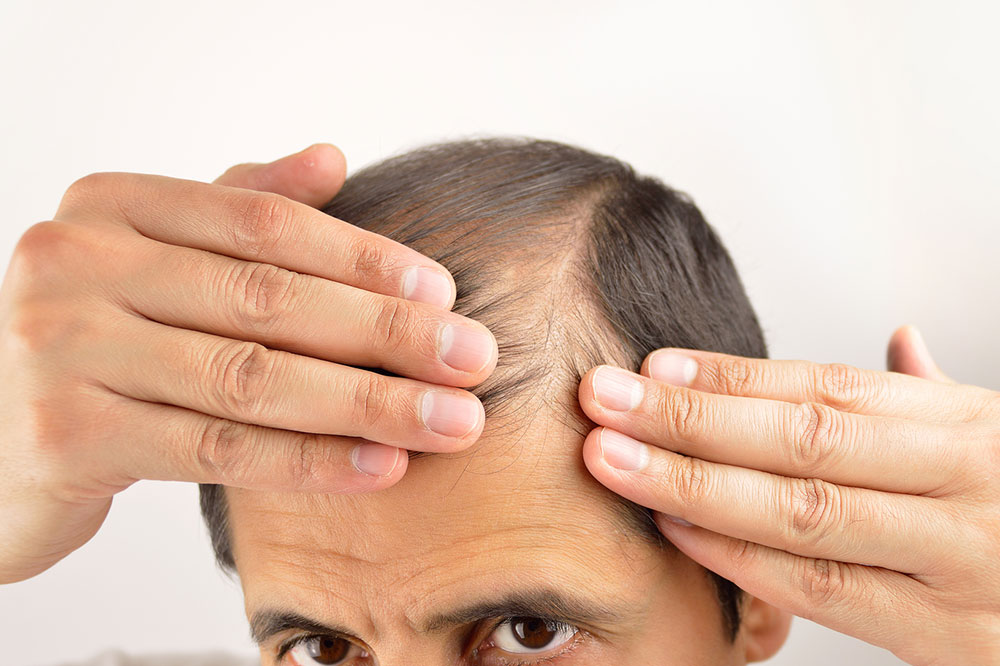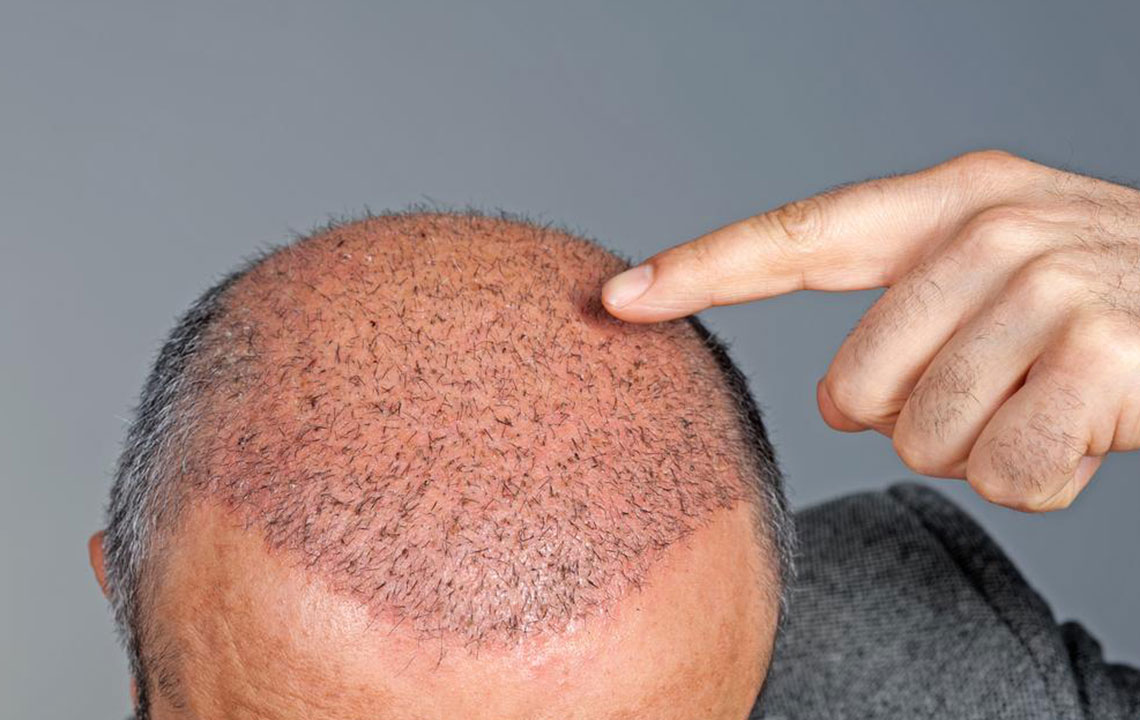Effective Strategies for Hair Restoration: Do Hair Vitamins Really Make a Difference?
Discover effective strategies for hair restoration, including the role of hair vitamins. Learn how to identify the root causes of hair loss and explore natural and medical solutions to promote healthy hair growth. This comprehensive guide emphasizes personalized care, proper supplementation, and professional advice to ensure safe and successful hair restoration journeys.

Hair health and appearance play a significant role in personal confidence and overall well-being. Daily hair shedding is normal, typically ranging from 30 to 100 strands, depending on individual physiology. However, when hair loss exceeds this natural shedding, it can become a source of concern. Excessive hair loss may result from a combination of factors such as poor hair care routines, genetic predispositions, environmental influences, or the use of unsuitable hair products. Many individuals dealing with significant hair thinning or bald patches explore various solutions, including topical treatments, professional therapies, and nutritional supplements, notably hair vitamins. To determine the most effective approach, it’s vital to understand the underlying causes of hair loss, which often include hormonal imbalances, stress, health conditions, or nutrient deficiencies.
Understanding the root causes of hair loss is the first critical step. Factors like hormonal fluctuations—especially during pregnancy, postpartum periods, or menopause—can significantly impact hair health. Additionally, underlying health conditions such as thyroid disorders, autoimmune diseases, or diabetes may play a role. Certain infections or scalp conditions, such as dandruff or psoriasis, can also contribute to hair thinning. Medications prescribed for other health issues, including antidepressants, blood thinners, or chemotherapy drugs, are known to have hair loss as a side effect. Moreover, lifestyle factors like excessive stress, inadequate sleep, smoking, and poor diet quality can exacerbate hair loss problems.
Among the various strategies to combat hair loss, nutritional supplementation has gained popularity due to its non-invasive nature and potential benefits. Vitamins and minerals essential for hair growth include Vitamin D, Iron, Zinc, Biotin (Vitamin B7), Vitamin B5 (Pantothenic Acid), Vitamin C, and Omega-3 fatty acids. When hair loss is linked to deficiencies, supplementing these nutrients can promote healthier hair growth. Conducting blood tests to identify specific deficiencies ensures that supplementation is targeted and effective, preventing unnecessary intake and potential adverse effects from over-supplementation.
Vitamins can be particularly helpful if deficiencies are identified or suspected. For example, Vitamin D plays a crucial role in hair follicle cycling, and its deficiency has been linked to hair thinning. Similarly, iron deficiency is a common cause of hair loss, especially in women. Omega-3 fatty acids help reduce scalp inflammation and promote healthier hair strands. Vitamin B5 (Pantothenic Acid) supports the metabolism of hair growth and repair, while Vitamin C enhances iron absorption and serves as an antioxidant, protecting hair follicles from oxidative stress.
Despite the potential benefits, it’s essential to approach hair vitamins with caution. Overuse of supplements without medical guidance can lead to an imbalance, potentially worsening hair loss or causing other health issues. Consulting a healthcare professional or a dermatologist before starting any supplement regimen ensures that the treatment plan is tailored to individual needs. They can determine whether deficiencies exist and recommend appropriate supplements or dietary adjustments.
Alongside supplementation, maintaining a balanced, nutrient-rich diet is vital for overall hair health. Incorporating foods such as fatty fish, nuts, seeds, fruits, vegetables, and lean meats can naturally improve nutrient levels. Proper hair care practices—gentle handling, avoiding excessive heat styling, and reducing chemical treatments—also help maintain healthy hair. For persistent or severe hair loss, medical treatments like minoxidil, platelet-rich plasma therapy, or hair transplant procedures may be recommended by specialists.
Ultimately, the key to effective hair restoration lies in identifying the root causes of hair loss and adopting a comprehensive approach that includes medical advice, nutritional support, and proper hair care. While vitamins can play a supportive role in promoting hair growth, they are most effective when used as part of an integrated treatment plan tailored to the individual's health status and specific needs. Prioritizing health, proper diagnostics, and professional guidance will optimize outcomes and help restore confidence through healthier, thicker hair.





